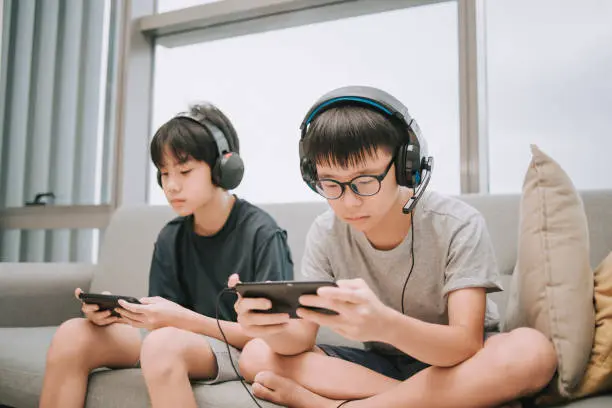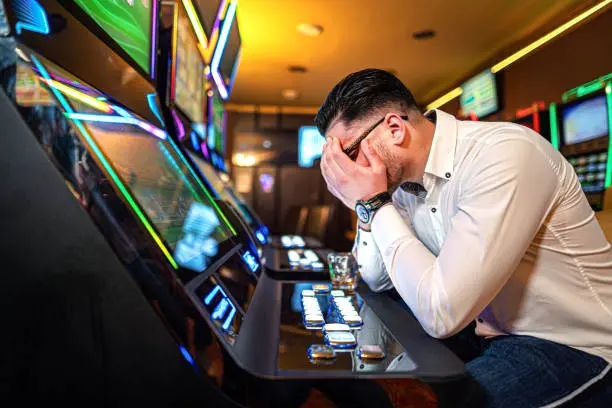
Navigating Recovery: The Role of Counseling in Gaming Addiction
- Admin
Gaming addiction can deeply impact individuals' lives, affecting their relationships, mental health, and overall well-being. Counseling plays a pivotal role in supporting individuals as they navigate the complexities of gaming addiction and work towards recovery. In this article, we'll delve into the importance of counseling in addressing gaming addiction, the different approaches used in counseling, and how individuals can benefit from seeking professional help.
1. Understanding Gaming Addiction:
Before exploring counseling, it's crucial to understand gaming addiction and its effects. Gaming addiction, also known as gaming disorder, is characterized by excessive and compulsive gaming behavior that leads to significant impairment or distress. Understanding the underlying factors contributing to gaming addiction is essential for effective counseling interventions.
2. The Role of Counseling:
Counseling provides individuals with a safe and supportive environment to explore their thoughts, feelings, and behaviors related to gaming addiction. Therapists specializing in addiction treatment use a variety of approaches, such as cognitive-behavioral therapy (CBT), motivational interviewing, and family therapy, to address underlying issues, develop coping strategies, and promote recovery.
3. Cognitive-Behavioral Therapy (CBT):
CBT is one of the most widely used approaches in addiction counseling, including gaming addiction. CBT helps individuals identify and challenge negative thoughts and beliefs about gaming, develop healthier coping mechanisms, and learn skills to manage cravings and triggers effectively. Through CBT, individuals can gain insight into their gaming behavior and develop strategies to change it.
4. Motivational Interviewing:
Motivational interviewing focuses on helping individuals explore their motivations for change and increasing their readiness to make positive changes in their behavior. Therapists use empathetic listening, reflective questioning, and goal setting to help individuals clarify their values, goals, and reasons for seeking help for gaming addiction.
5. Family Therapy:
Family therapy involves working with the individual struggling with gaming addiction and their family members to address family dynamics, communication patterns, and relationships affected by addiction. Family therapy can help improve family support, resolve conflicts, and strengthen family relationships, which are essential for supporting recovery.
6. Group Therapy:
Group therapy provides individuals with the opportunity to connect with others who are facing similar challenges and share their experiences in a supportive environment. Group therapy sessions may focus on topics such as coping skills, relapse prevention, and building healthy relationships, offering valuable peer support and encouragement.
7. Seeking Help:
If you or someone you know is struggling with gaming addiction, seeking help from a qualified counselor or therapist specializing in addiction treatment is a crucial step towards recovery. Professional counselors can provide personalized support, guidance, and interventions tailored to address the unique needs and goals of each individual.
Conclusion:
Counseling plays a vital role in supporting individuals as they navigate the challenges of gaming addiction and work towards recovery. Through approaches such as cognitive-behavioral therapy, motivational interviewing, family therapy, and group therapy, individuals can gain insight into their gaming behavior, develop coping strategies, and build a healthier relationship with gaming and other areas of life. If you're struggling with gaming addiction, consider reaching out to a qualified counselor or therapist for support and guidance on your journey to recovery.
